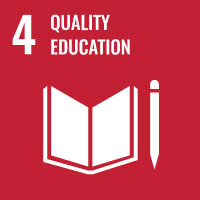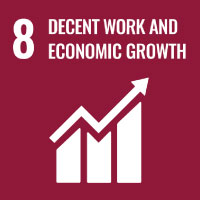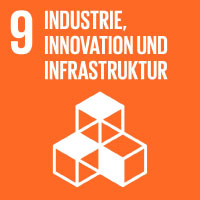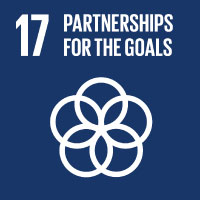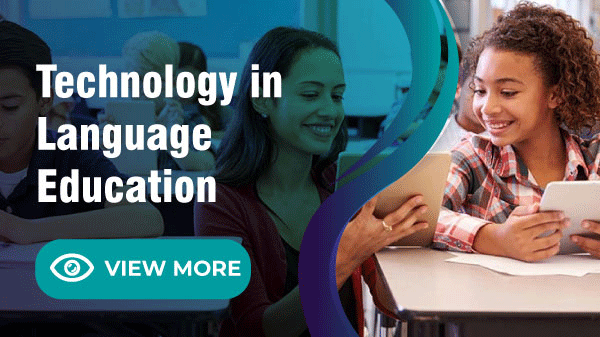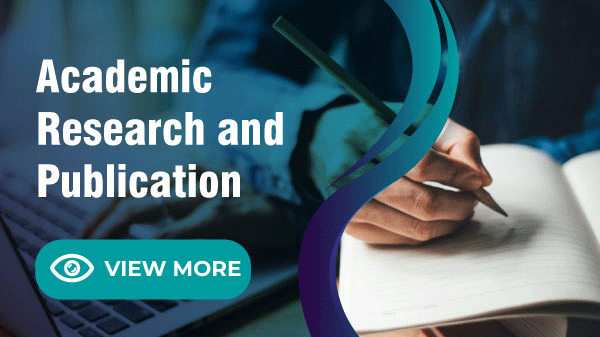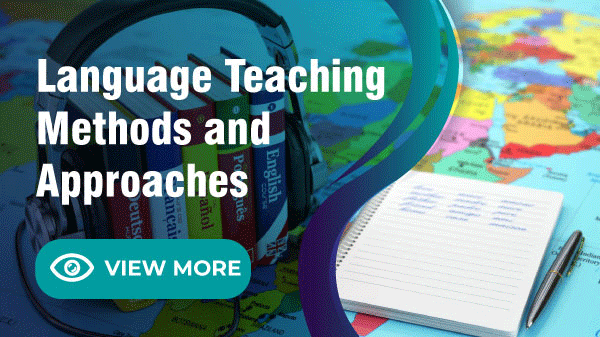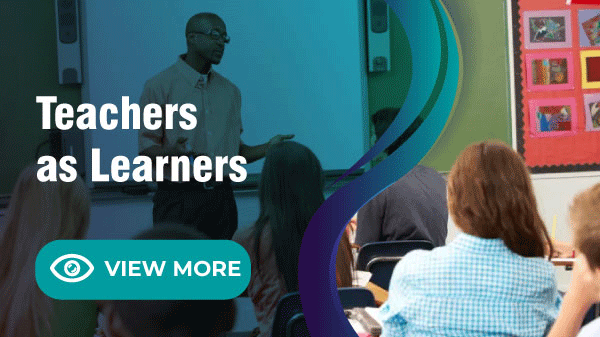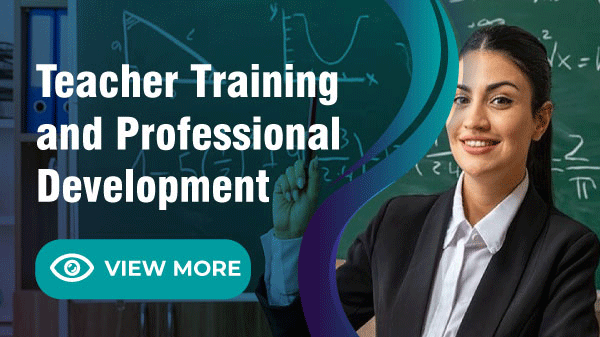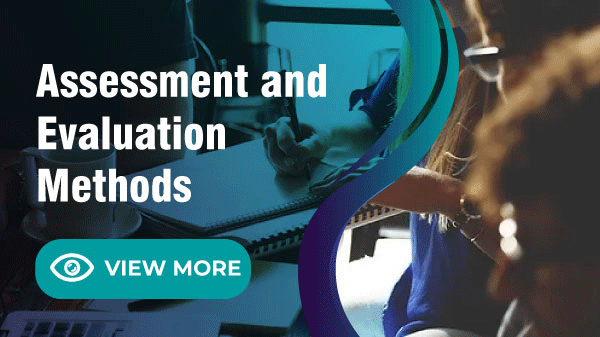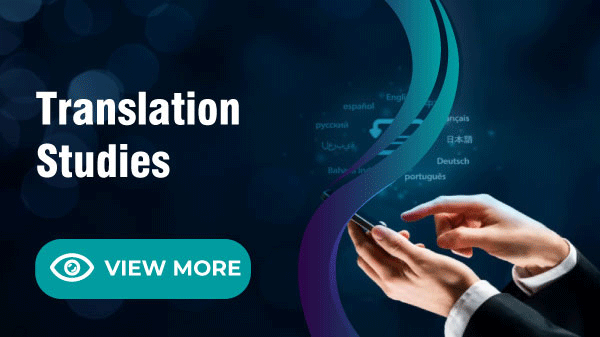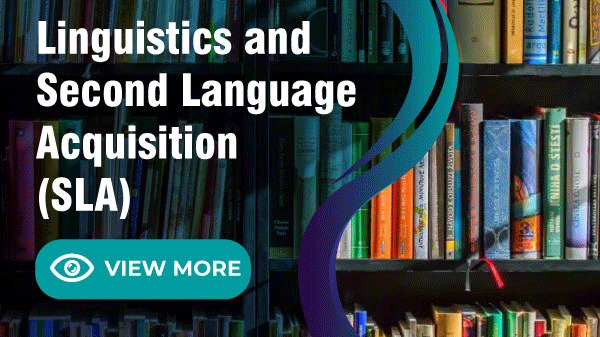Translation Studies
Session Overview
This session delves into the intricacies of translation and interpretation, exploring both theoretical and practical aspects. Topics include language equivalency, cultural sensitivity, and machine translation technologies. Translation studies align with SDG 17 by fostering cross-cultural communication and collaboration, which is crucial for global partnerships.
Assessment and Evaluation Methods
The
Sustainable
Development Goals:
Goal 4: Quality Education
Goal 8: Decent Work and Economic Growth
Goal 9: Industry, Innovation, and Infrastructure
Goal 17: Partnerships for the Goals
Who Can Join
Tracks
Topics of Interest for Submission include, but are not limited to:
1 Theory and Practice of Translation
2 Cultural Adaptation in Translation
3 Machine Translation and Post-Editing
4 Translation Ethics and Professional Standards
5 Comparative Linguistics in Translation
6 Language Pair Challenges and Solutions
7 Literary Translation Techniques
8 Legal and Technical Translation
9 Translation in Media and Communication
10 Audio-Visual Translation and Subtitling
11 Localization and Globalization of Content
12 Translation Tools and Software
13 Translation of Educational Materials
14 Multilingual Content Creation
15 Interpreter Training and Practice
Key Themes ICLTL -2024
- Translation is a powerful tool for connecting different cultures and facilitating cross-cultural communication. This session dives into translation theories, practices, and challenges, addressing the nuances of accurately conveying meaning across languages. Topics include techniques for handling linguistic and cultural differences, as well as strategies for achieving high-quality translations. The session emphasizes the importance of cultural sensitivity, aiming to foster translation practices that respect diversity and promote mutual understanding.
- The session also considers the impact of technology, such as AI-driven translation tools, and the role of human expertise in ensuring translation quality. These themes contribute to SDG 4 by promoting multilingualism and cultural exchange in education. Participants will gain a deeper understanding of how translation can serve as a bridge between communities, facilitating knowledge sharing and empathy. Through improved translation practices, educators and translators can support more inclusive, accessible learning resources for diverse audiences.
Theme: Driving impactful language research and scholarly publication for knowledge advancement.
Scope & Benefits of Attending ICLTL-2024 conference

Benefits of Attending ICLTL
2024
- Attending these sessions provides invaluable scope and benefits aligned with SDG goals, Scopus publication opportunities, certifications, awards, and IFERP scholarships:
- SDG Contributions: By enhancing skills and knowledge in modern language teaching, research publication, and cross-cultural communication, attendees actively support global SDG objectives, particularly SDG 4 and 17, through impactful educational practices
- Scopus Publication Opportunities: Attendees have the chance to publish their research in recognized Scopus-indexed journals, contributing to global scholarship in language education and enhancing their academic and professional profiles.
- IFERP Awards, Certifications, and Scholarships: Participation in ICLTL-2024 brings certification of participation, eligibility for awards recognizing research excellence, and potential scholarships, which underscore professional growth, acknowledgment, and support for continued academic contribution.
Author Guidelines
Guidelines for Abstract Submission:
- Language: Abstracts must be written in English.
- Length: Limited to one paragraph with 200-250 words.
- Format: Submit in MS Word (.doc or .docx) document format.
- Content: Abstracts should provide an informative summary of the original work. Include a brief biography with your abstract, following the example provided in the template.
- Formatting: Center-align the Title, Author's Names, and Affiliations. Underline the presenting author's name.
- Submission: Please submit your abstract through the designated submission portal.
- Acknowledgment: Upon abstract submission, you will receive an acknowledgment email within three working days.
Evaluation Process
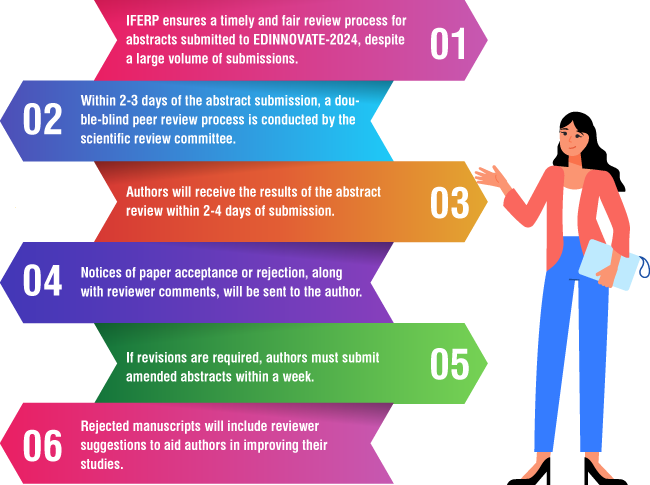
Guidelines for Full Paper Submission
If your abstract has been accepted and the registration fee for ICLTL-2024 has been paid, you are invited to submit the full paper. Please adhere to the following guidelines for the submission:

- Total number of pages: 6-8 in double-column format
- Language: English (checked for grammar and language errors)
- Tables, figures, and images should be properly named and of high quality.
- Keywords should be written in lowercase letters (except for names/scientific names) and separated by commas.
- Affiliation names, including the country, must be provided.
- Each paper should be structured into the following sections:
- Background, Motivation, and Objective
- Statement of Contribution/Methods
- Results, Discussions, and Conclusions
Once your full paper is prepared according to the above instructions, please proceed to submit it through the provided link. Submit your Full paper Here.

